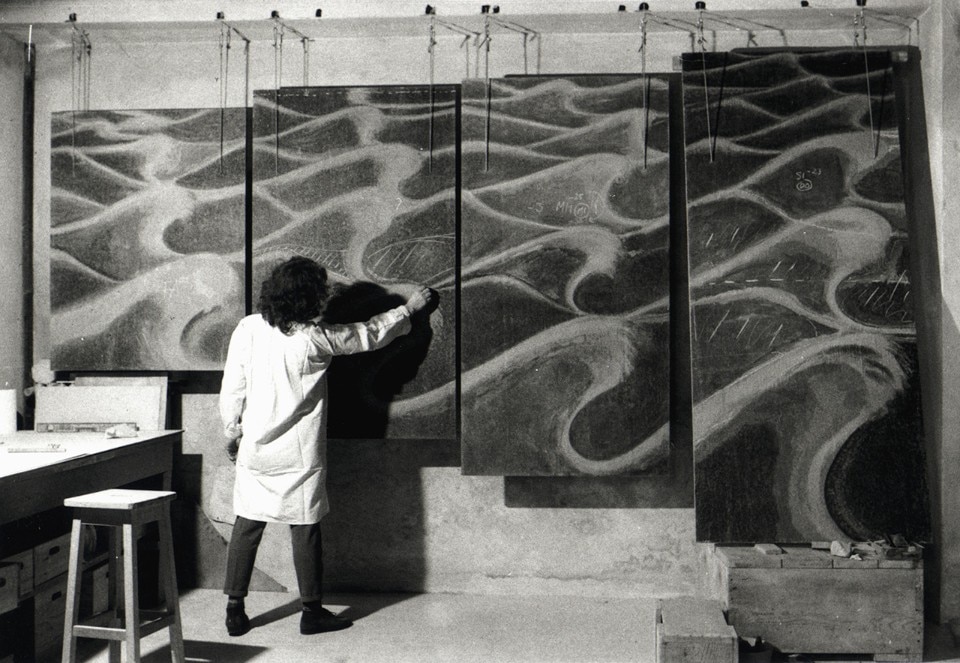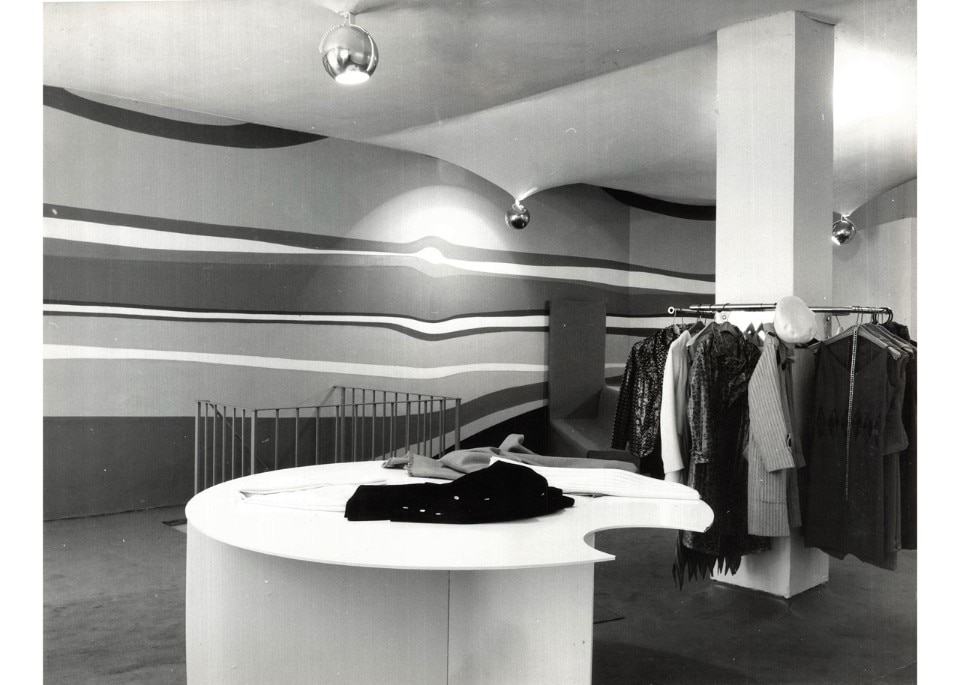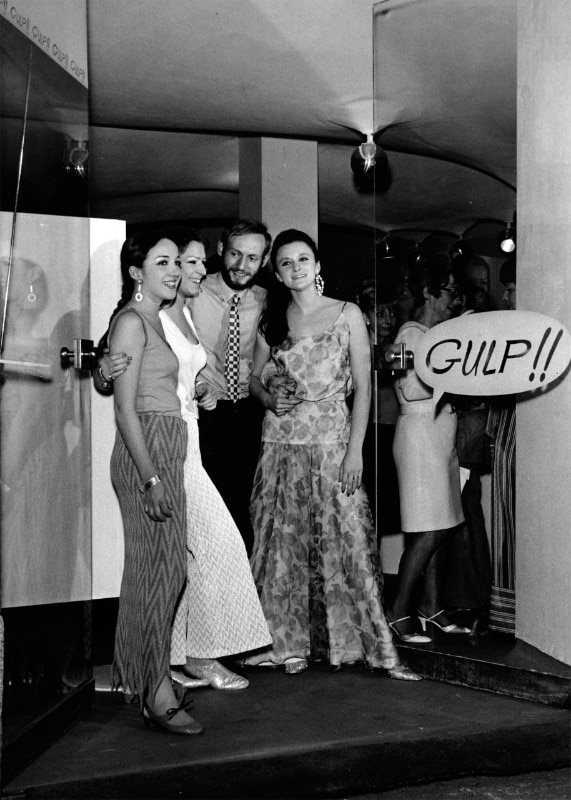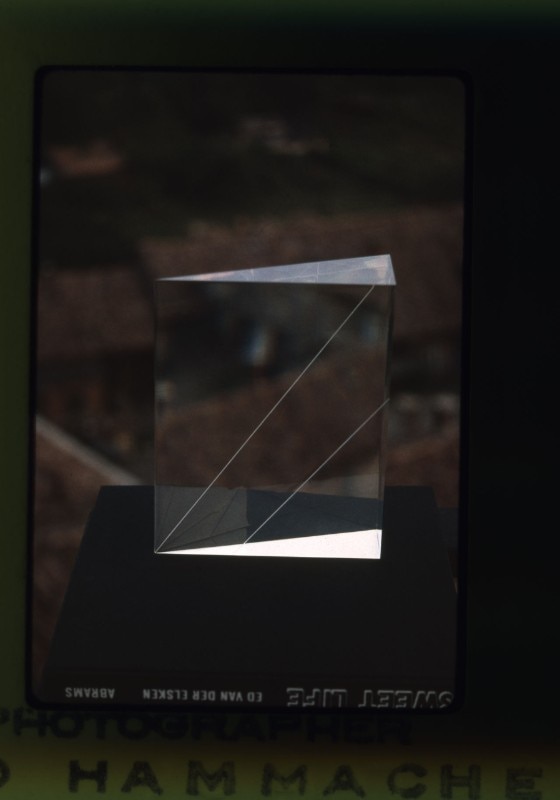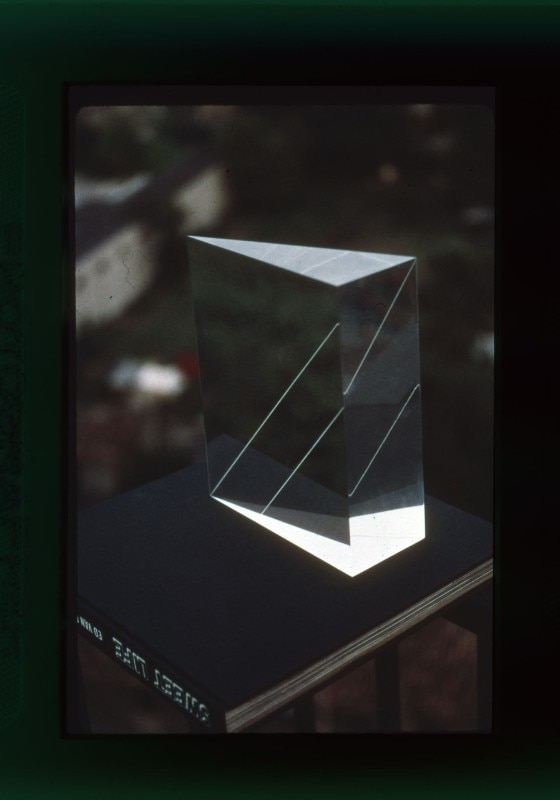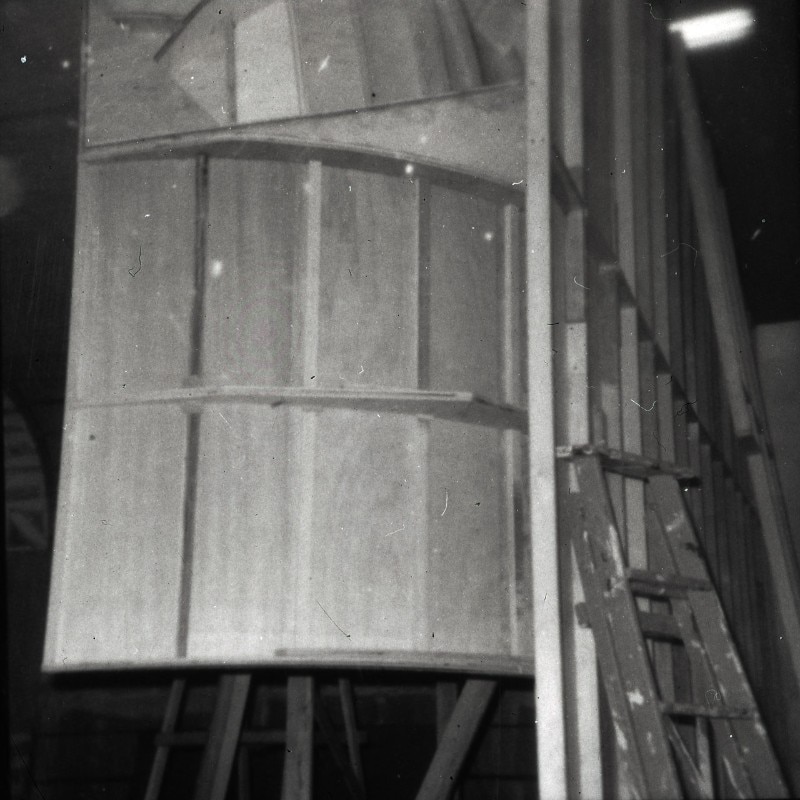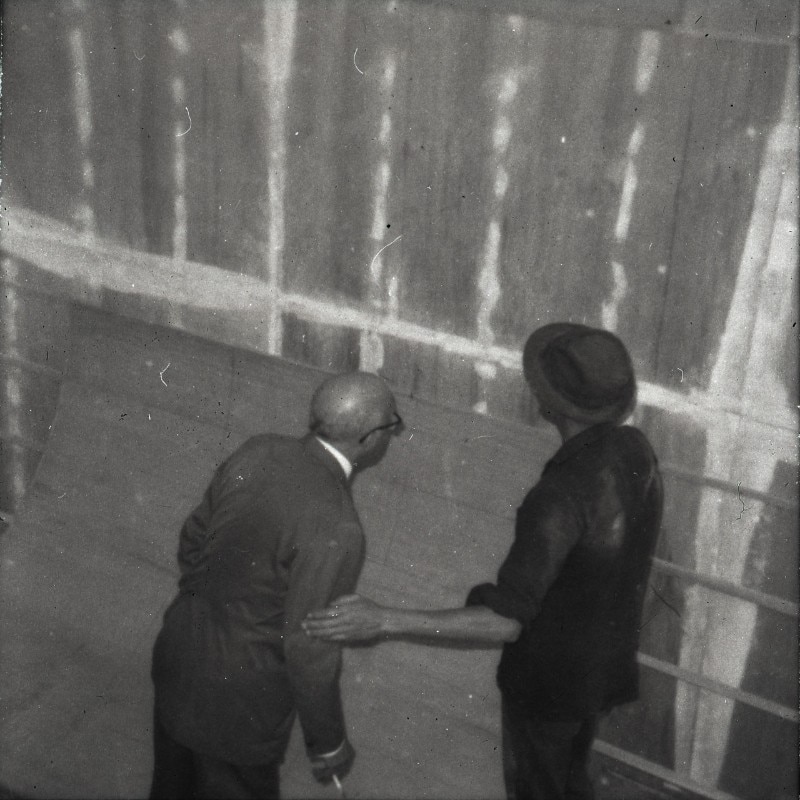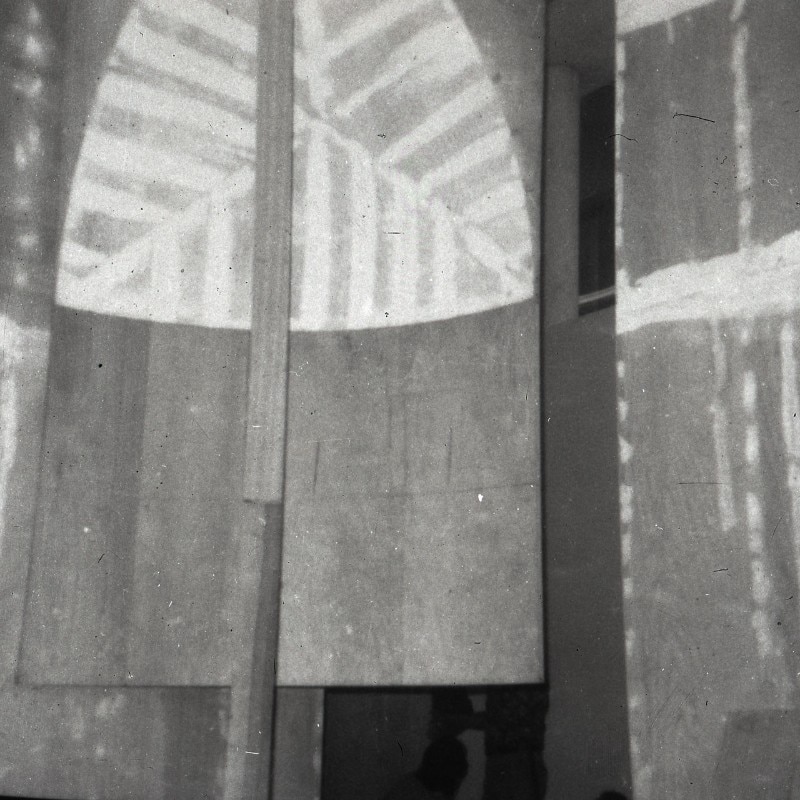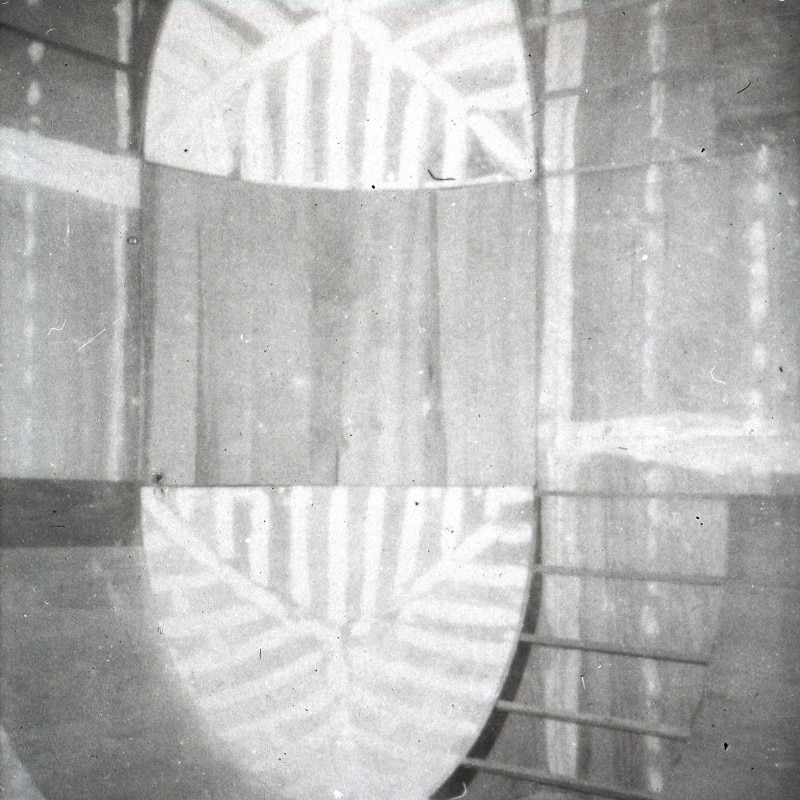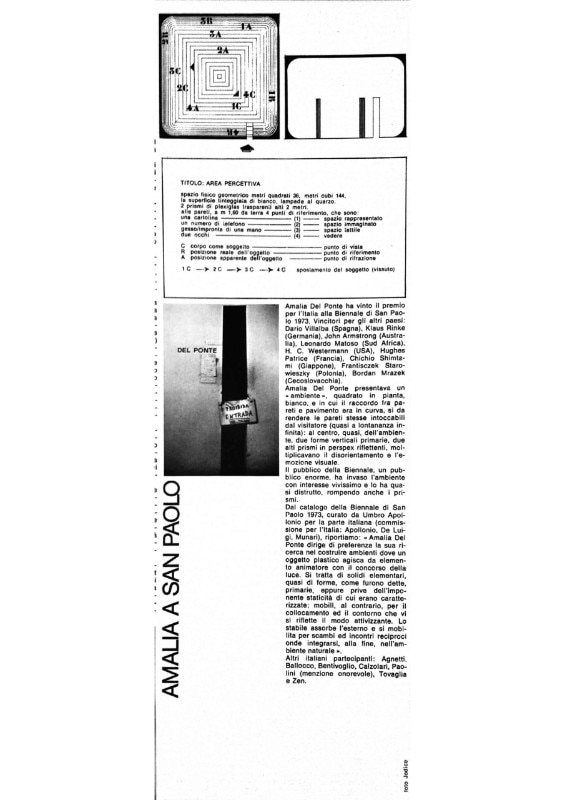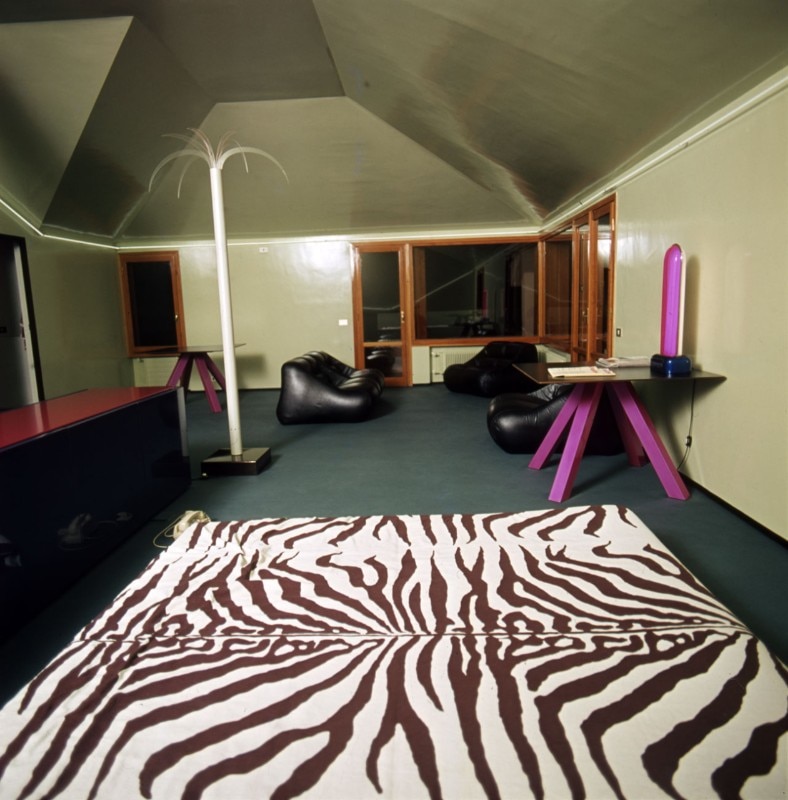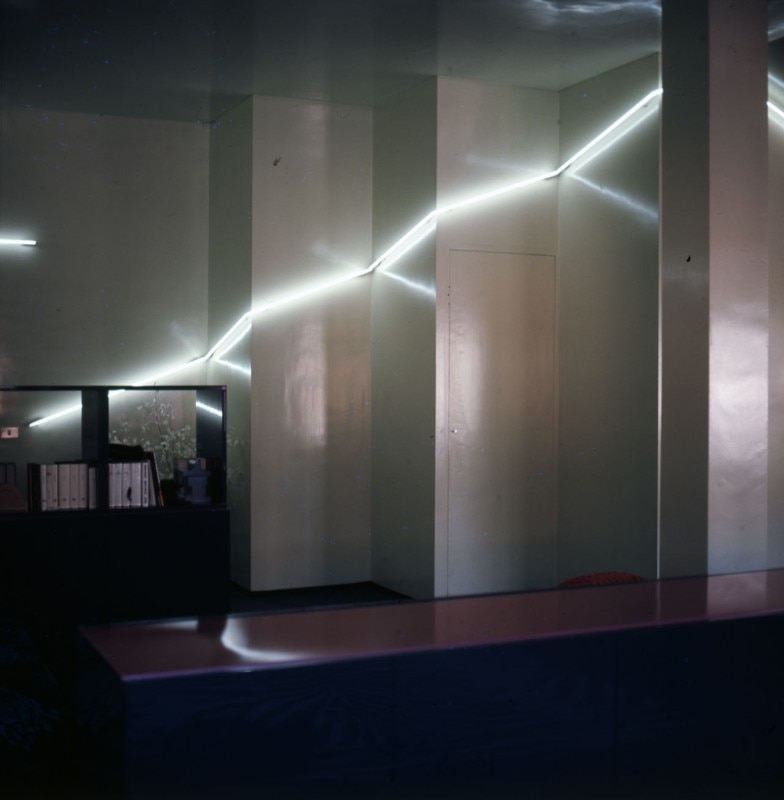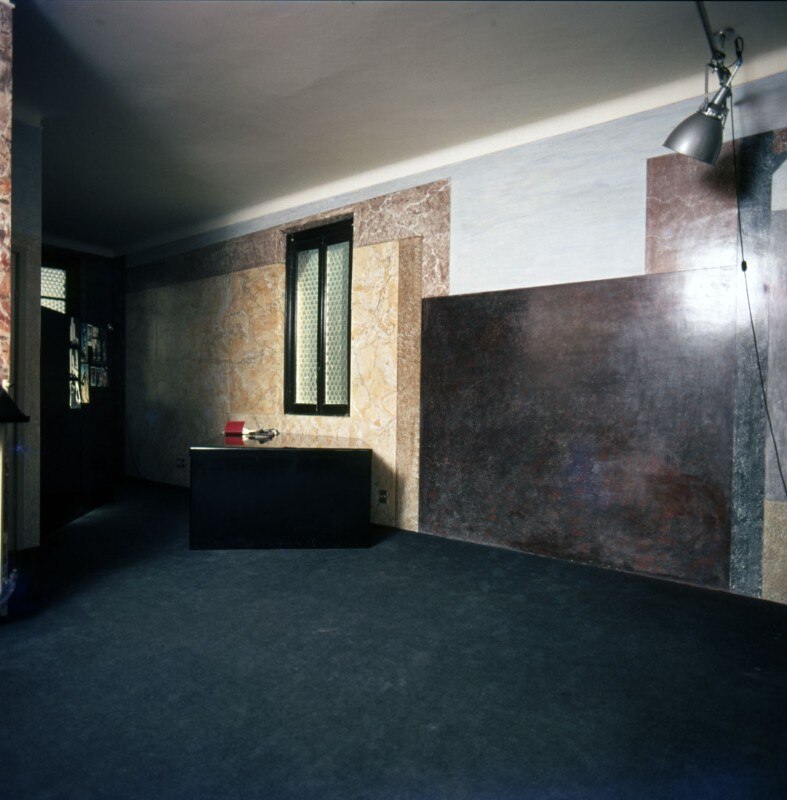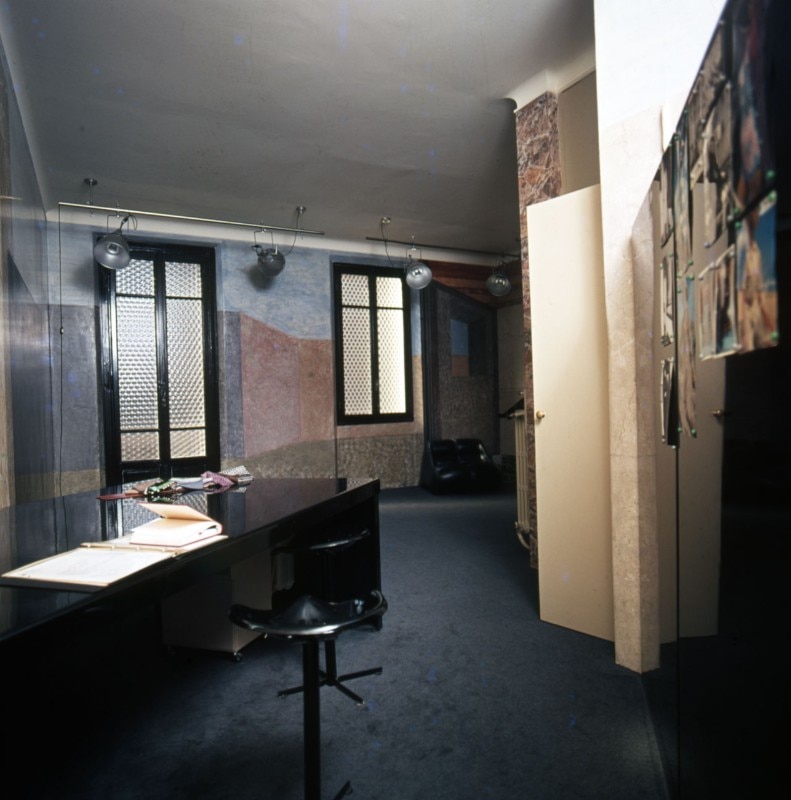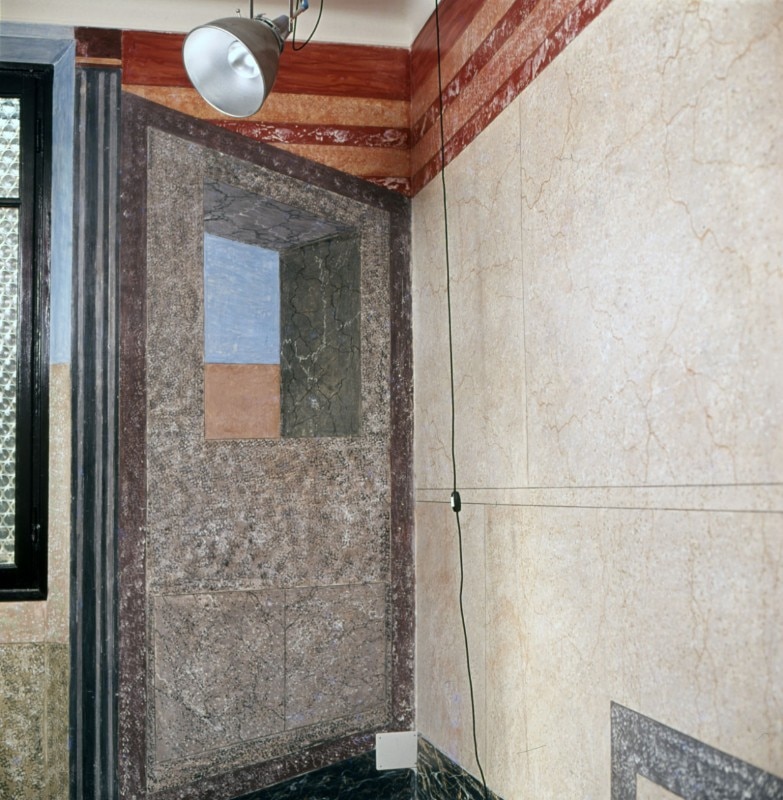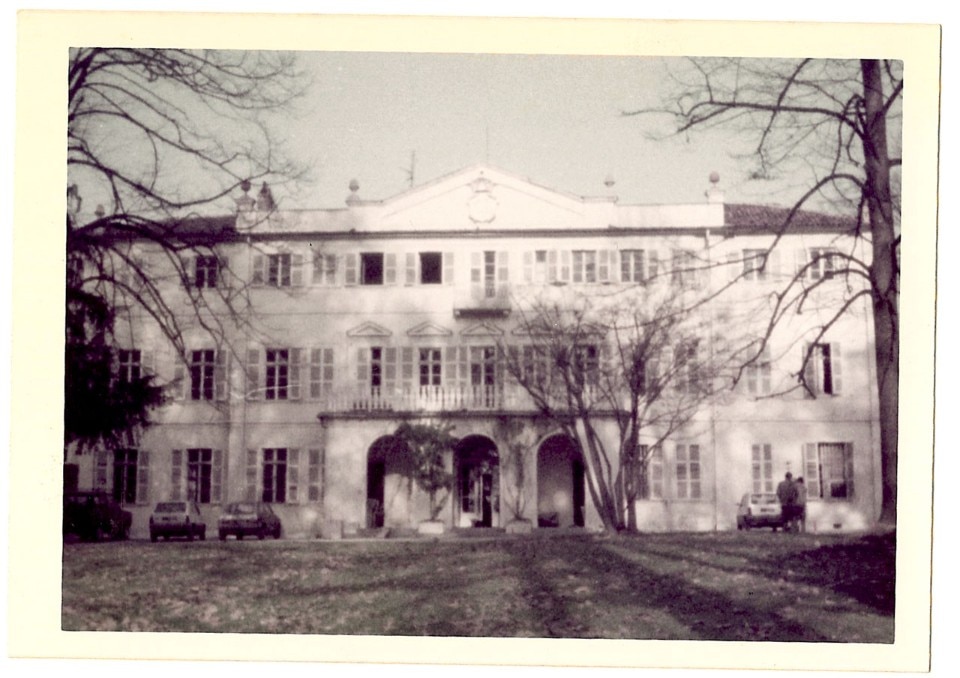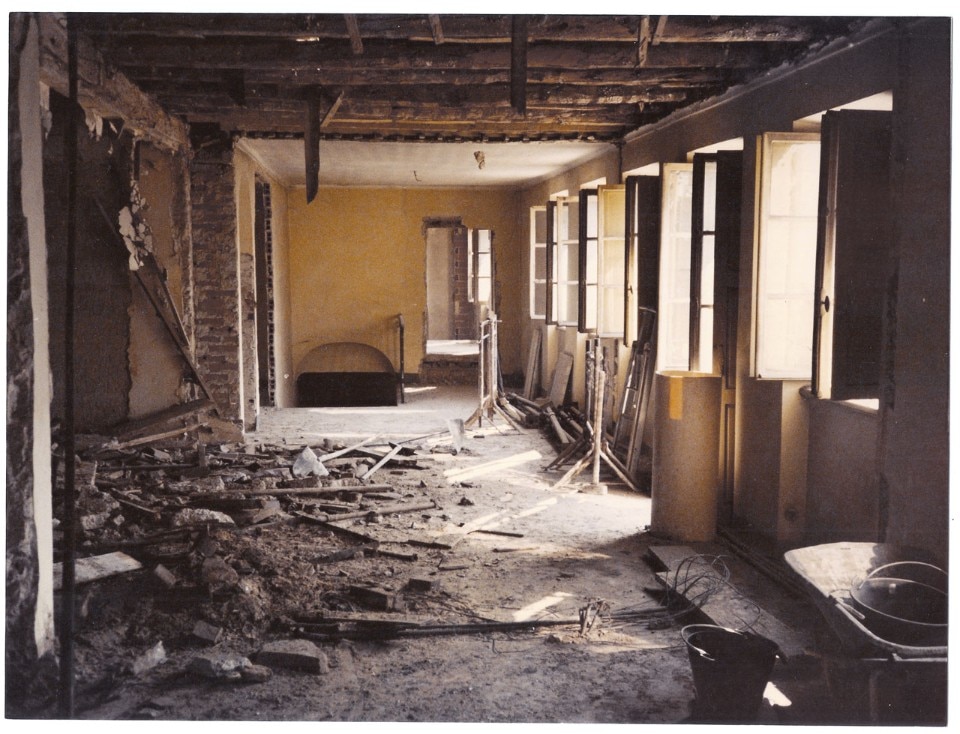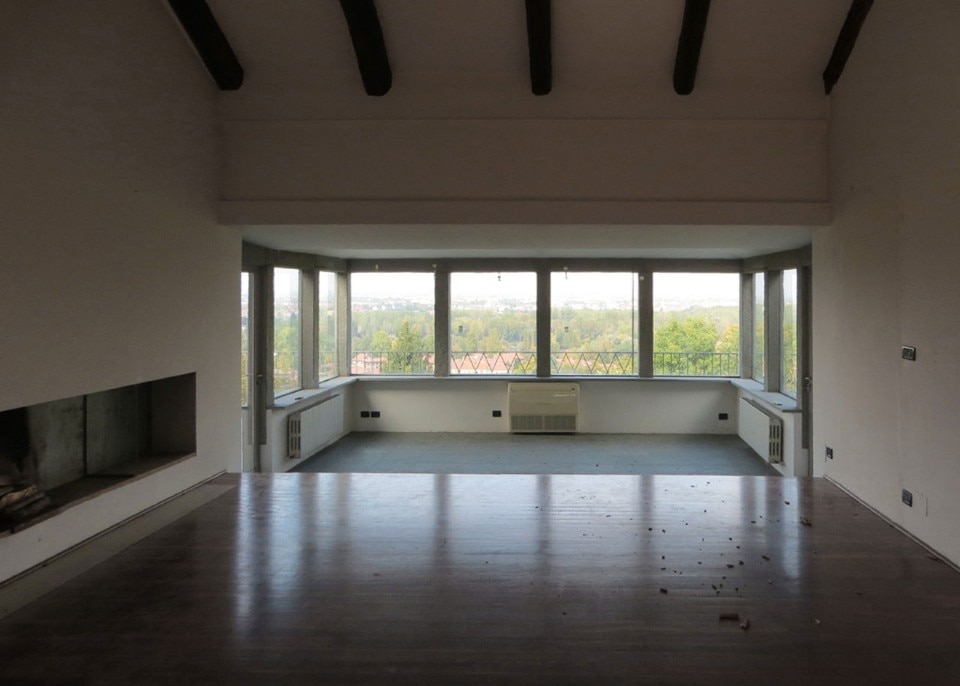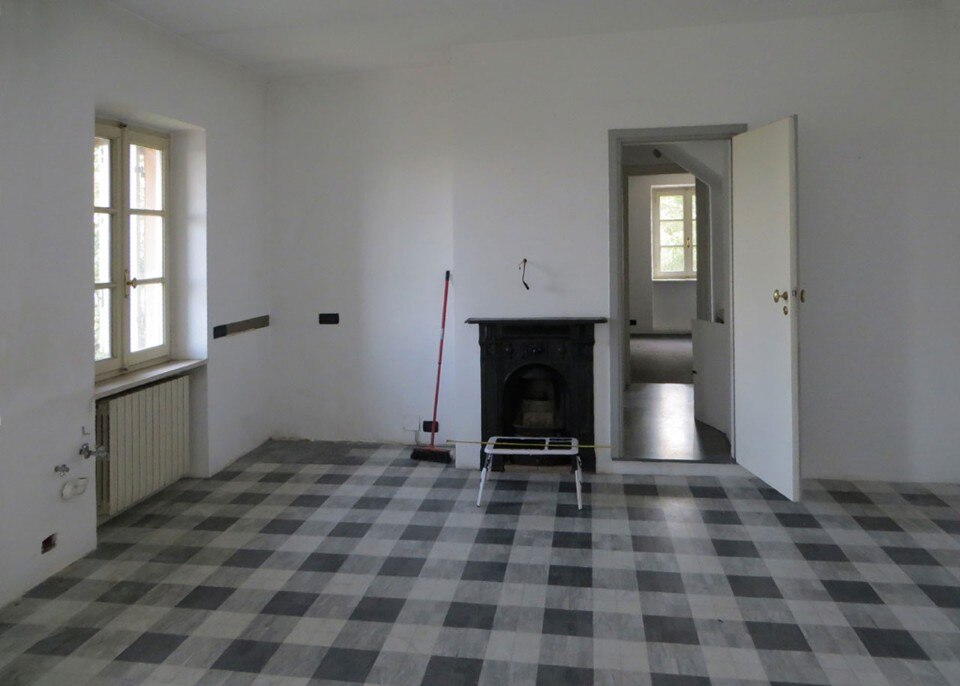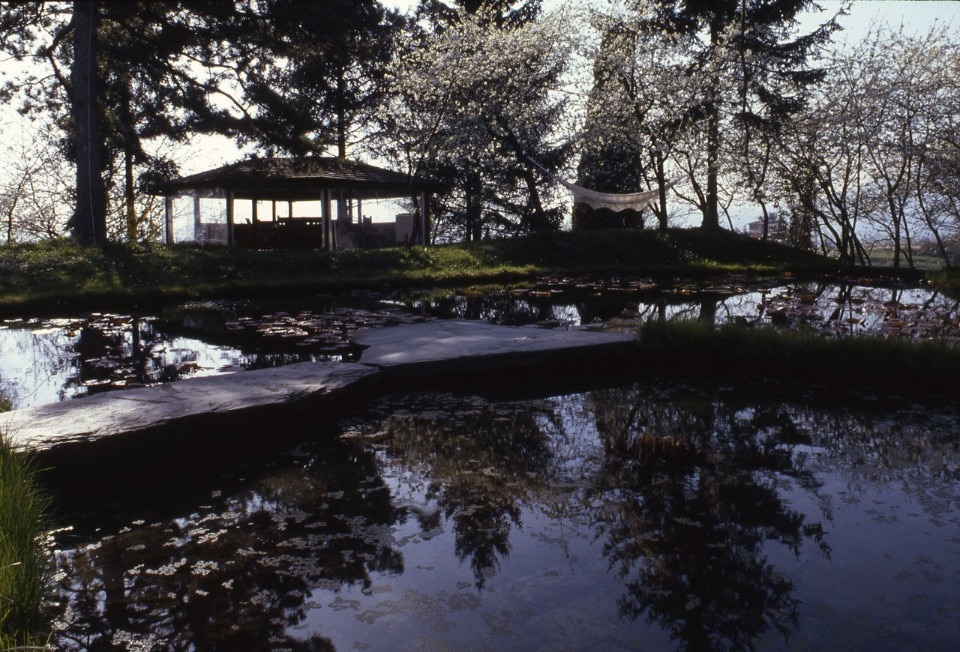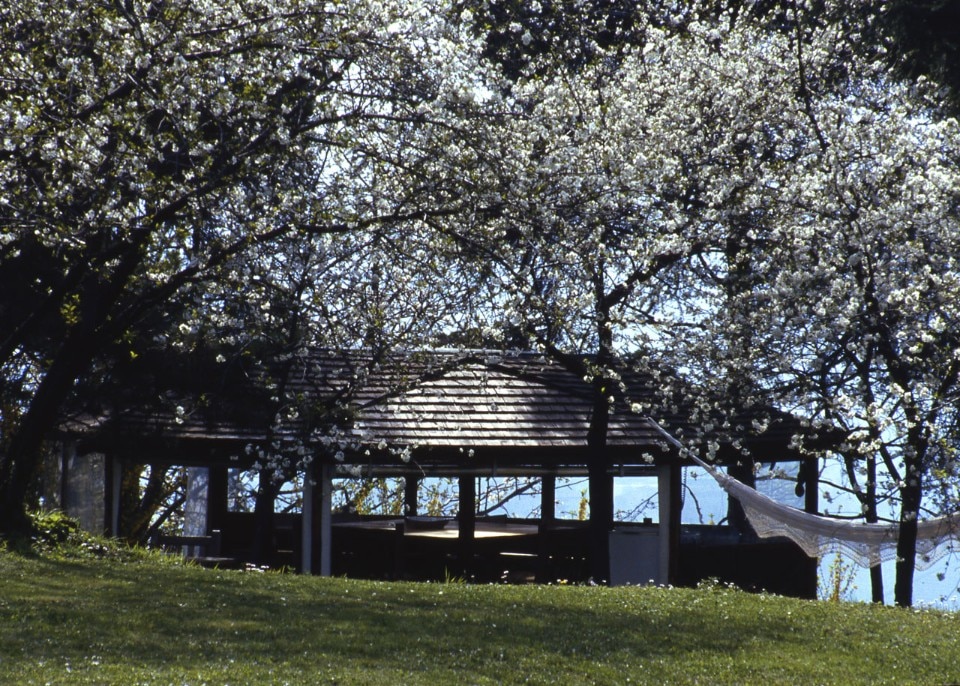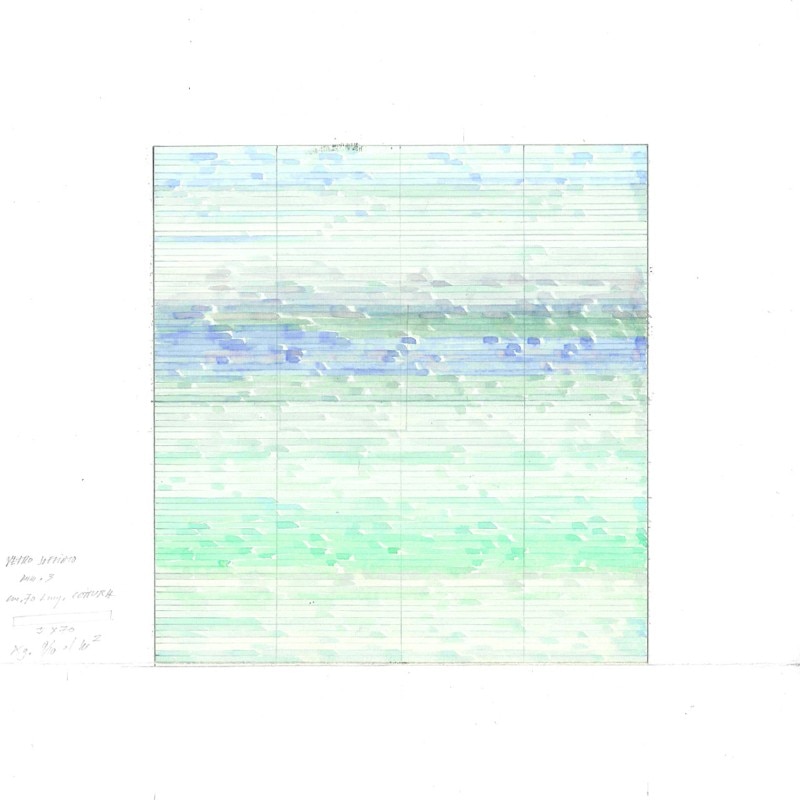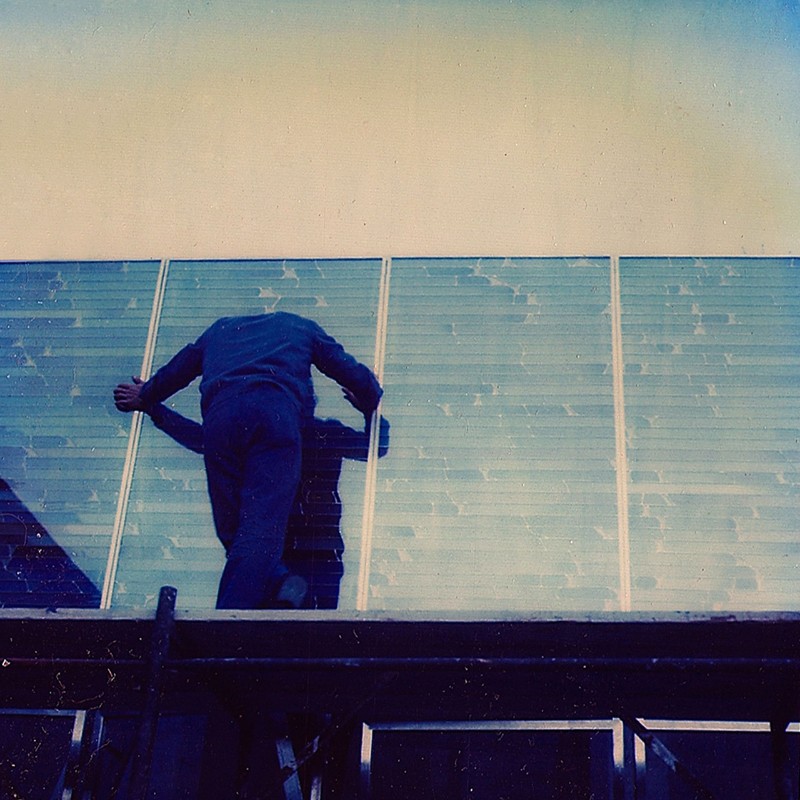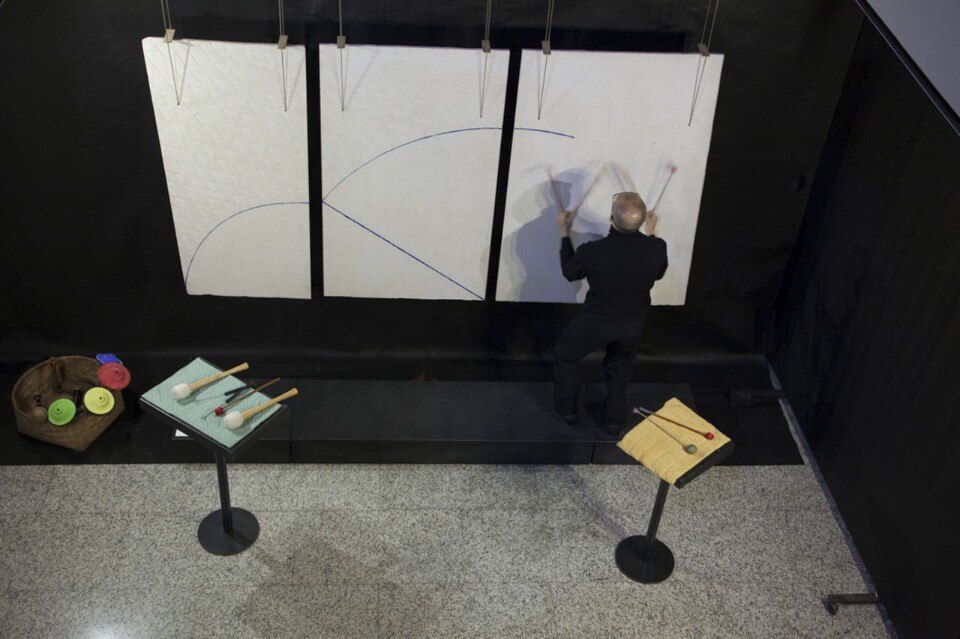An encounter with Amalia Del Ponte (a Milanese artist born in 1936) is an epiphanic experience which begins as soon as one walks into the building, a small door opens onto an old Milanese courtyard onto which the windows of her studio face. The artist is working on a sculpture which has been approved by the Municipality of Milan to be placed in public space.
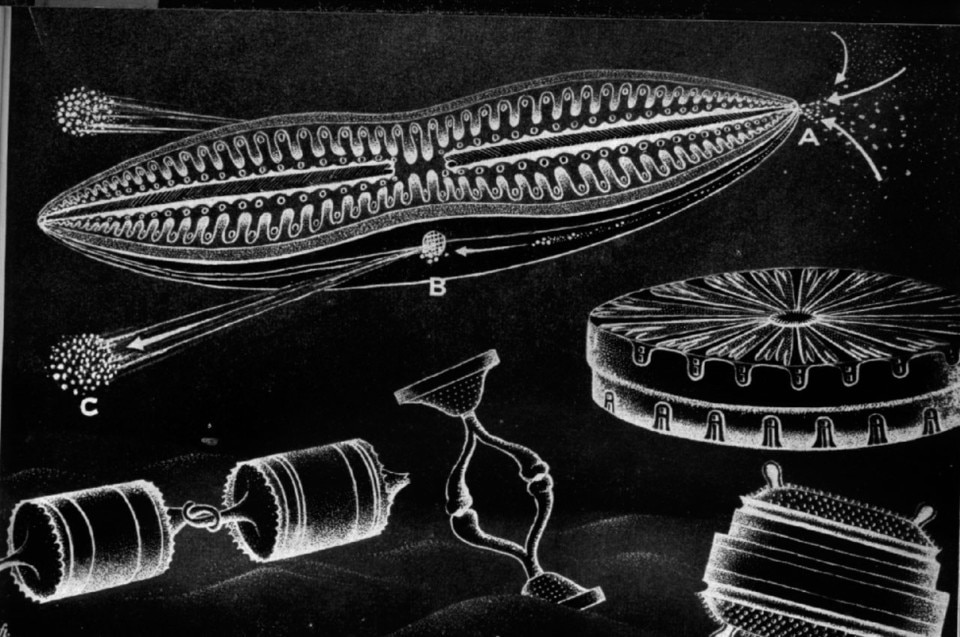
 View gallery
View gallery

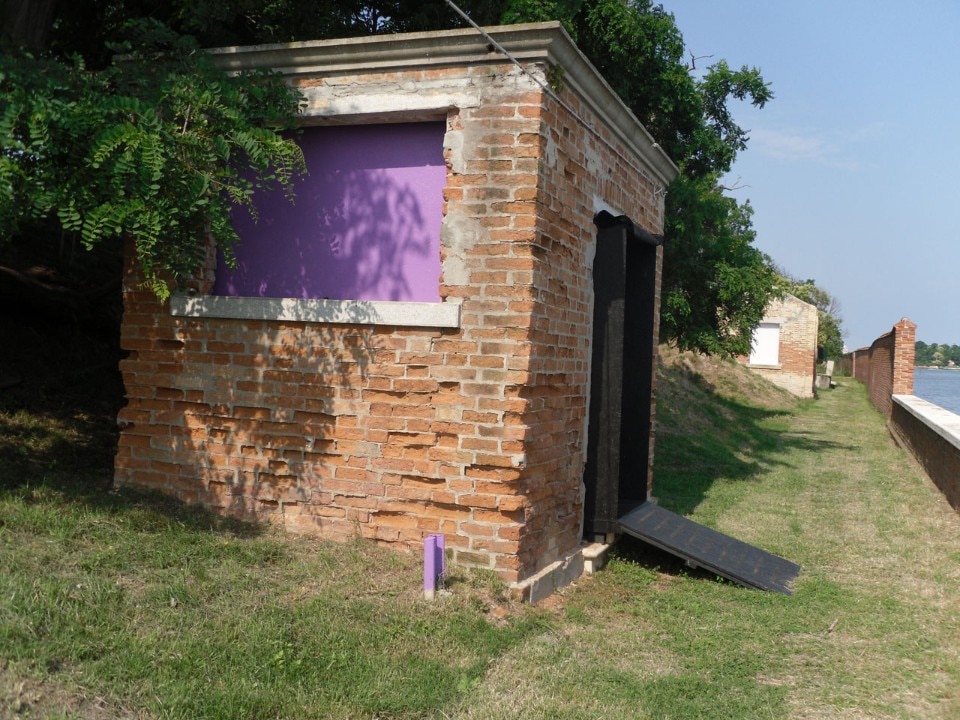
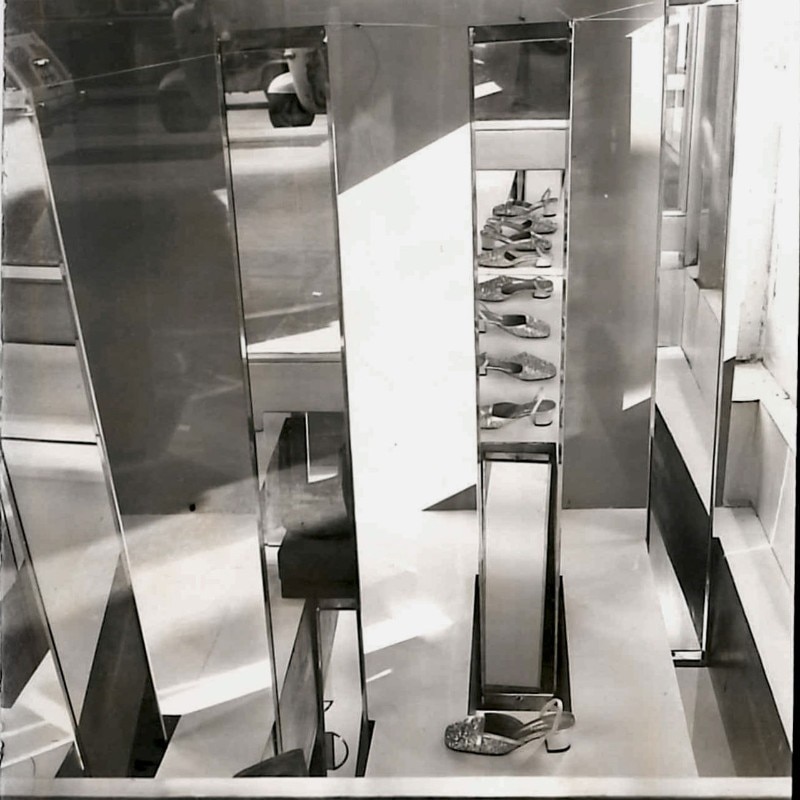
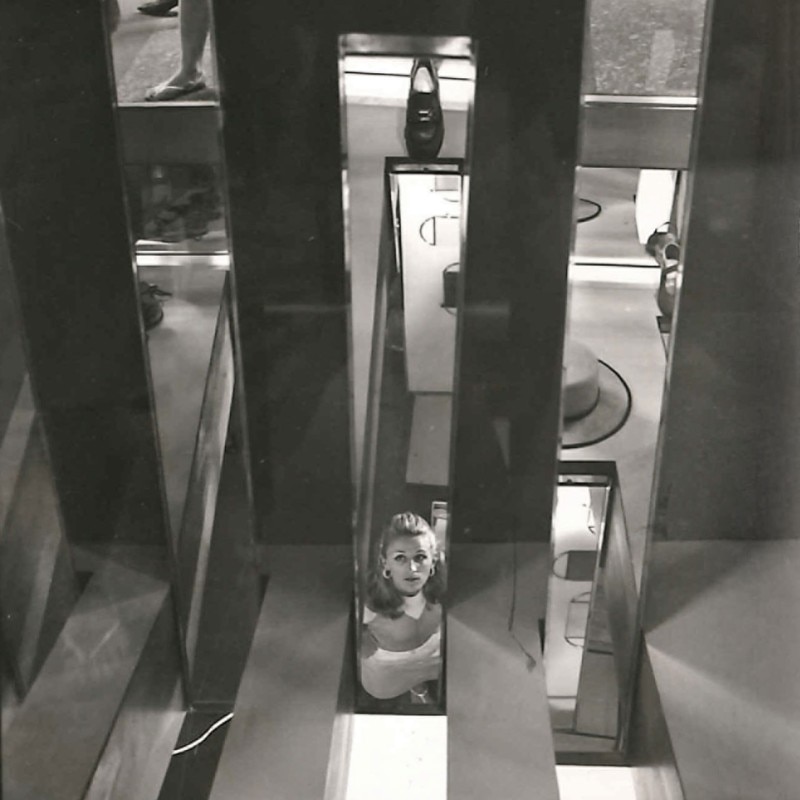
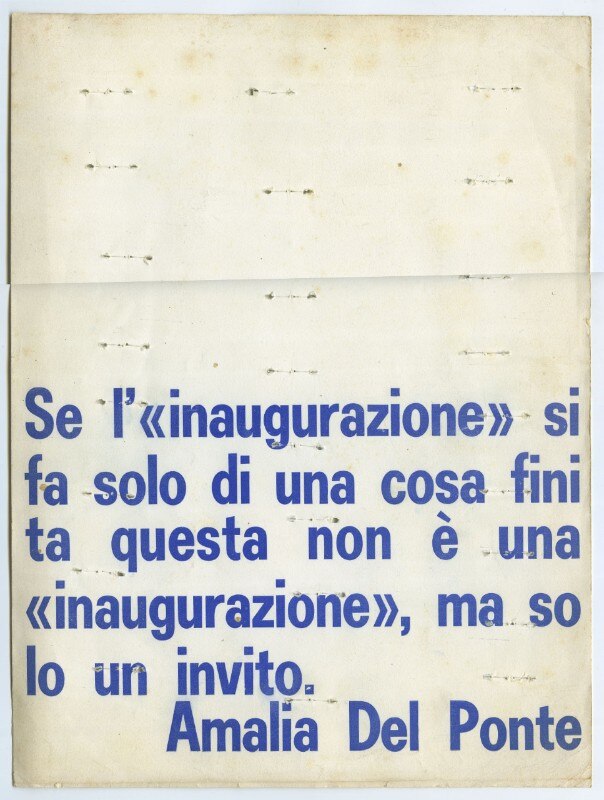
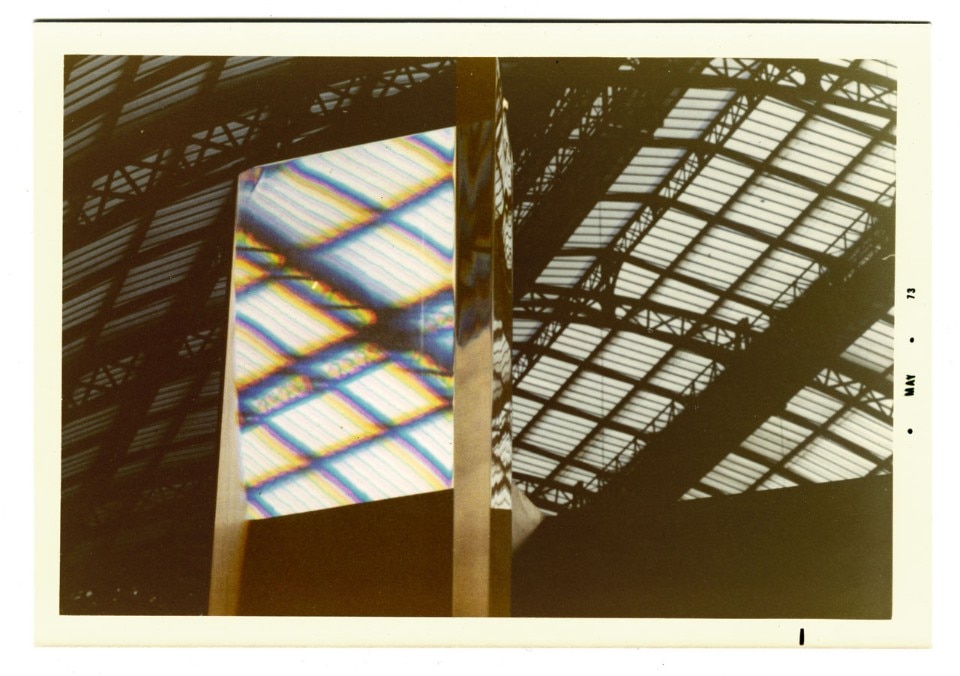
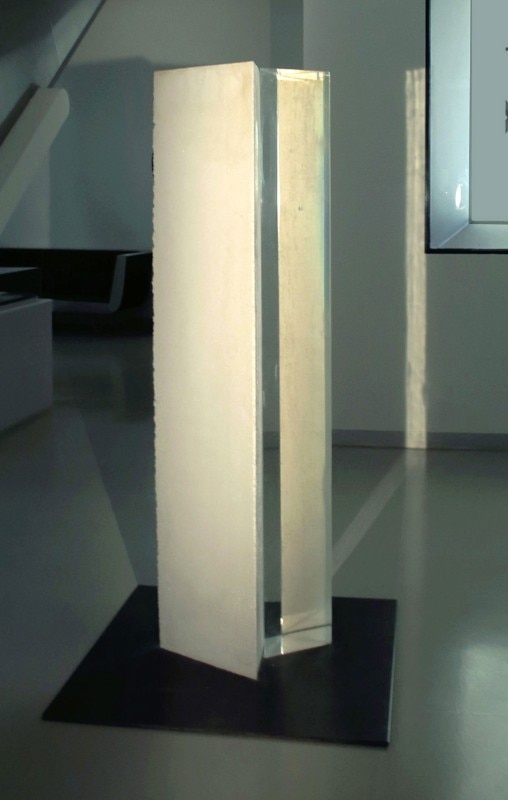
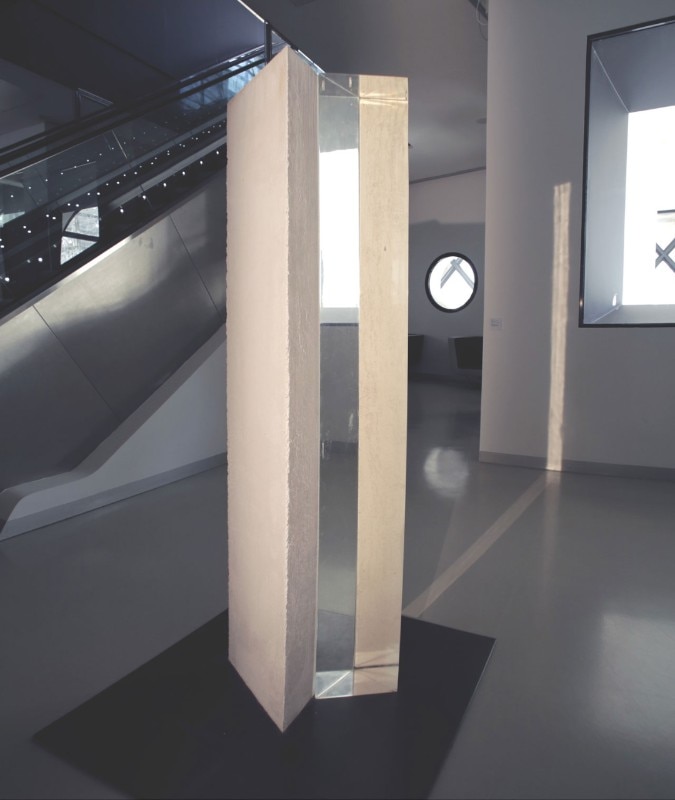
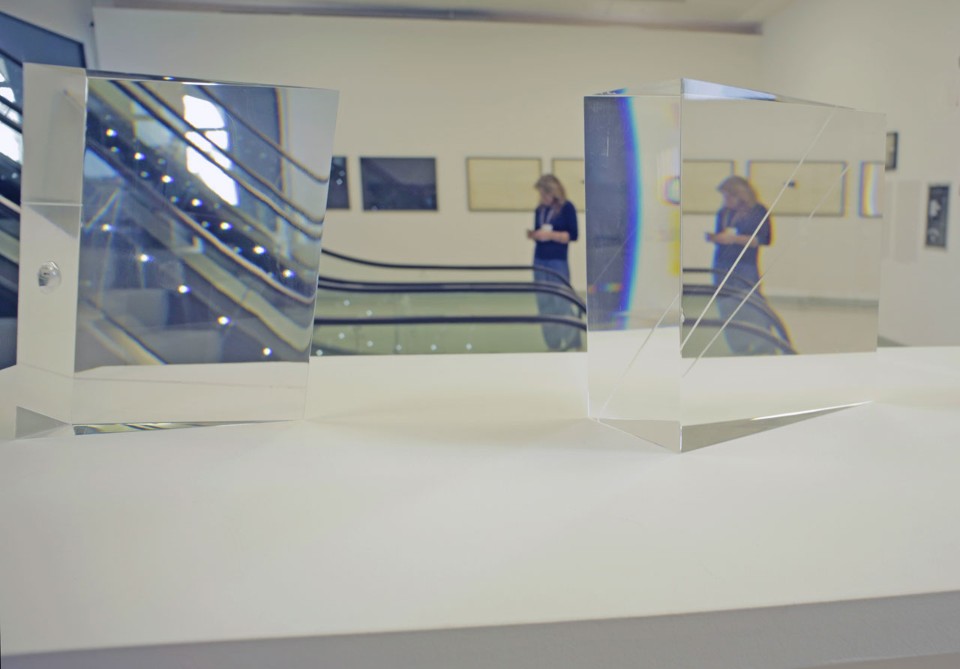
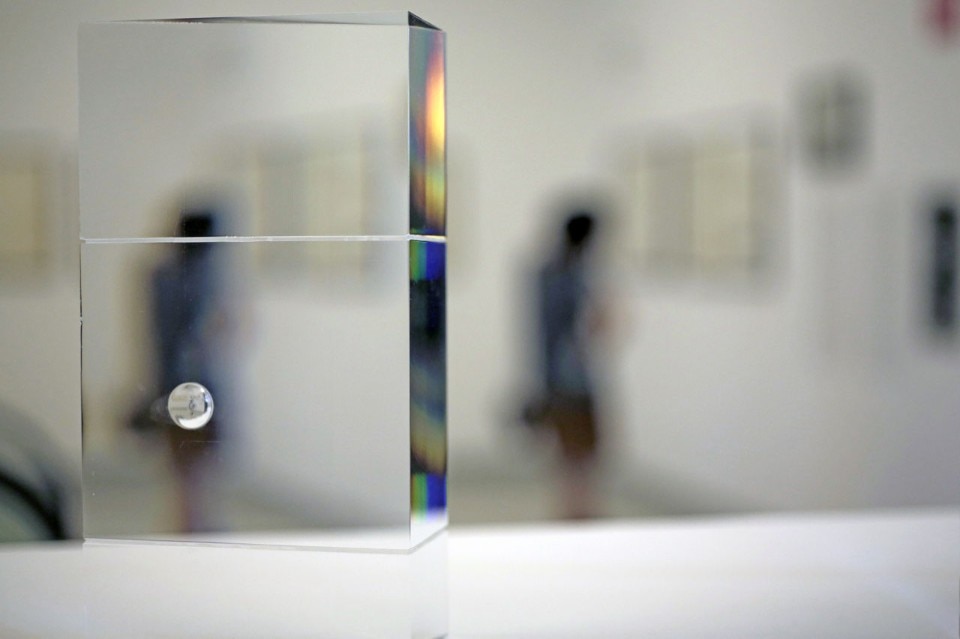
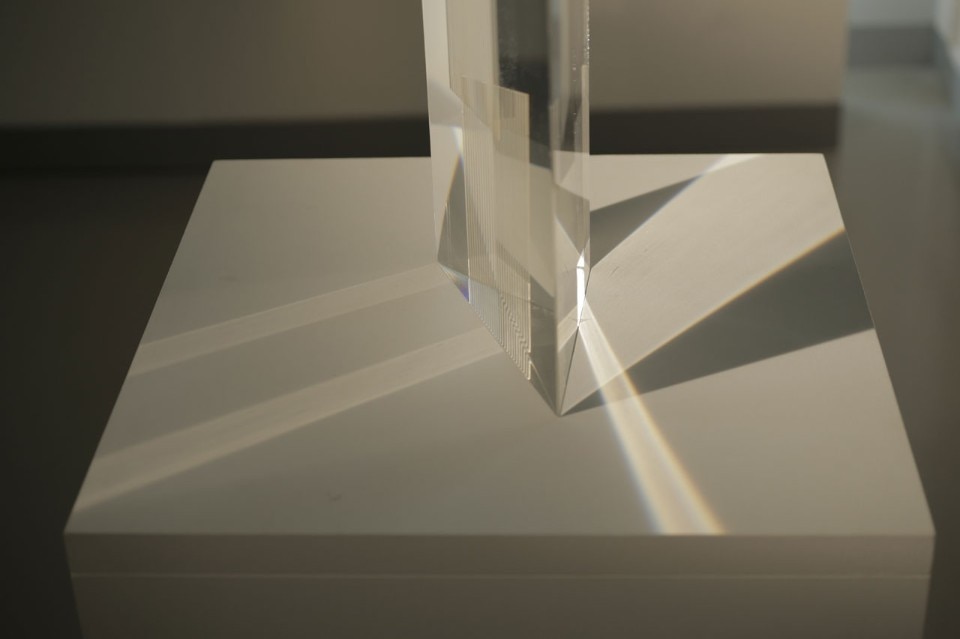
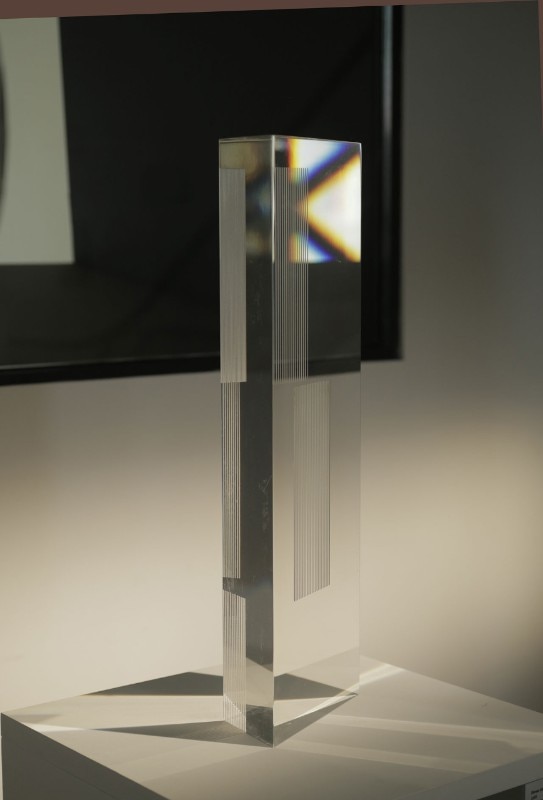
The theme of light forms part of the elements examined by the artist during her research, which has for some time now seen her involved in experimentation and studies on refraction and refection (of note are her Tropi in plexiglass, produced from the beginning of the 1970s) and even sound (with the creation of sounding stones), in a form of desire to dematerialise sculpture: “I try to remove the weight and staticness of a sculpture in order to render it more dynamic”.
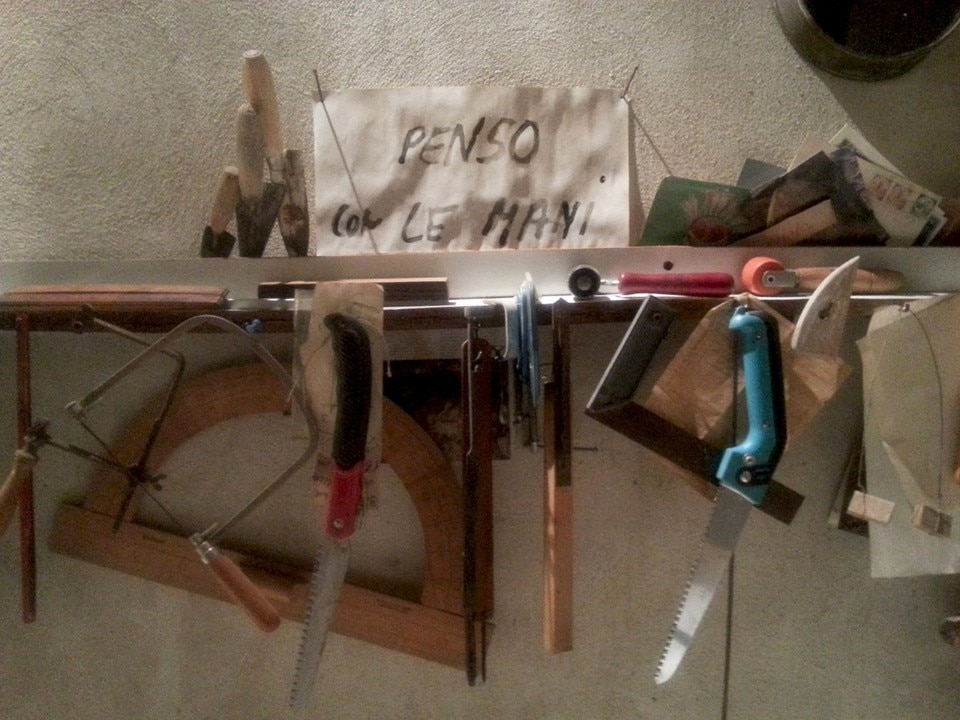
In the past few years, her work is undergoing a period of historicisation, when perhaps the moment has come in which it is possible to look back and place it in a precise context which includes the artistic experimentation of the Seventies, above all those from the European area which concerned in particular the phenomenon of visual perception, but also to a certain extent the minimalist movements from overseas, and it is impossible not to note her bent for geometric forms. It is no coincidence that she recalls: “In 1967 [when her career was already well characterised - Ed] I visited an exhibition in the United States (in Los Angles) entitled “Sculpture of the Sixties” and I was struck by the work of Judd, Morris, Flavin”.
The Italian scene, between the 1950s and 1960s, saw the emergence of the Gruppo T (founded in Milan in 1959) and the Gruppo N (again founded in 1959, but this time in Padua), and it is interesting to consider that, while working in the same geographic area on similar themes, Amalia Del Ponte was never part of any of these: “A kind of desire to be free led me to make this choice, I think it is a question of temperament”, she explains. This same need for freedom has led her to not be tied to the market: “I refused the path of galleries, and I would make the same choice now. I preferred to work as a designer rather than with galleries”. This mindset led to the interior design projects for shops such as Gulp!! and Fiorucci (among others): “For Fiorucci, I emptied the space, transforming it into a minimalist environment, and I cut into the reinforced concrete floor, to see below, something which at the time was unimaginable”.
The Italian scene, between the 1950s and 1960s, saw the emergence of the Gruppo T (founded in Milan in 1959) and the Gruppo N (again founded in 1959, but this time in Padua), and it is interesting to consider that, while working in the same geographic area on similar themes, Amalia Del Ponte was never part of any of these: “A kind of desire to be free led me to make this choice, I think it is a question of temperament”, she explains. This same need for freedom has led her to not be tied to the market: “I refused the path of galleries, and I would make the same choice now. I preferred to work as a designer rather than with galleries”. This mindset led to the interior design projects for shops such as Gulp!! and Fiorucci (among others): “For Fiorucci, I emptied the space, transforming it into a minimalist environment, and I cut into the reinforced concrete floor, to see below, something which at the time was unimaginable”.
- Project:
- The solar clock
- Artist:
- Amalia del Ponte
- Location:
- Milan


